Blueberry Chipotle Ketchup
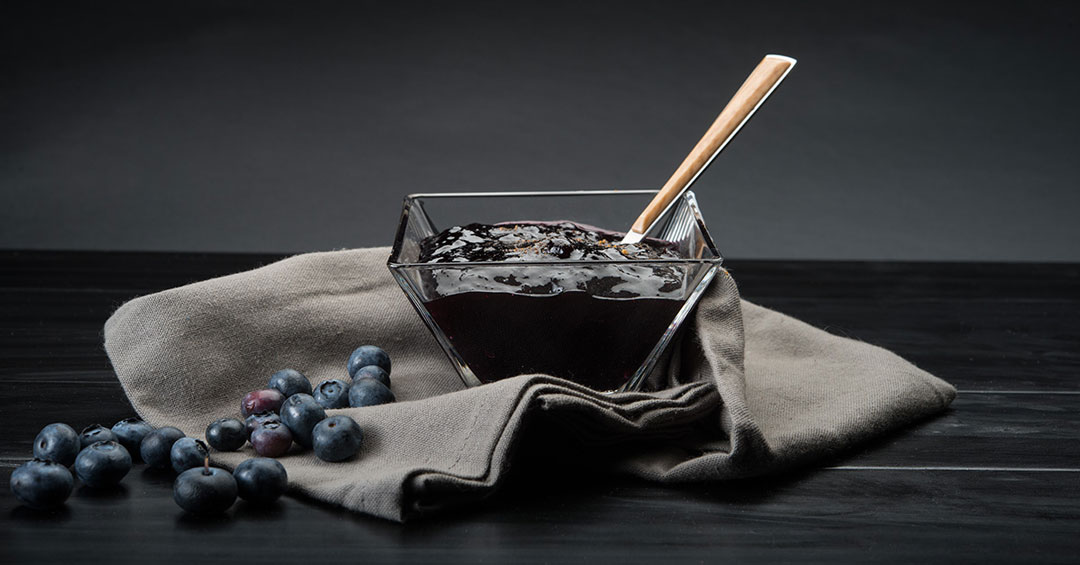
Blueberry season is in full swing here in Michigan. Farmers’ markets and roadside stands are overflowing with the little blue superfoods. One of the best things about blueberries is that they are as versatile as they are tasty. Eat a handful straight up or sprinkle them over your morning oatmeal. Bake them into a pie or make blueberry jam if you want to preserve them for the coming months. While it can be tempting to stick exclusively to sweet applications, blueberries can add a unique twist to a variety of savory foods as well. Case in point? This blueberry chipotle ketchup.
We know what you’re thinking: how can you make ketchup without tomatoes? Well, if you think that sounds strange, you need to catch up on a little history. Ketchup originated in 17th century China, as a sauce made from pickled fish and spices. This concoction made its way to Malaysia, where it was known as “kicap,” a word that would evolve into the English word “ketchup.” English colonists brought ketchup back to the United Kingdom, where they began modifying it by adding ingredients like shallots and mushrooms. Mushrooms soon became the main ingredient in U.K. versions of the sauce, though forms of ketchup based on other ingredients, such as walnuts, were also popular.
Tomatoes are a relative newcomer to the ketchup game, with the first published recipe for tomato ketchup not appearing until 1812. Tomato ketchup quickly took off throughout the United States, and in 1876, F & J Heinz launched their now-famous take on the sauce. Over the course of the 20th century, the ever-increasing popularity of fast food restaurants would make tomato ketchup an inextricable part of American culture.
With the more recent trend toward handmade, artisanal foods, we think it’s time to consider a different approach to ketchup. When you’re taking time to craft a gourmet burger and hand-cut your own fries, why settle for the status quo when it comes to condiments? This recipe combines the familiar ketchup tang with the subtle sweetness of blueberries. Add a dash of chipotle powder to give it a smoky kick, and you have the perfect summer sauce for your burgers, brats, fries, and just about anything else that you want to instantly make more delicious.
Blueberry Ketchup Recipe
Yields 2 ½ to 3 cups
Ingredients:
- 2 pounds fresh blueberries
- 1½ cup granulated sugar
- 1 cup apple cider vinegar
- 1 Tablespoon Dried Minced Onion
- 2 teaspoons Chipotle Powder
- 1/8 teaspoon Ground Ginger
- 1 teaspoon salt
- 1 lime, zested and juiced
Directions:
Combine all the ingredients in a 6-quart saucepan and stir to combine. Bring to a boil over high heat. Once a boil has been reached, reduce heat to medium-high and simmer until thick, about 35-40 minutes. Remove pan from heat, and carefully pour the contents into a blender. Puree until smooth.
Transfer ketchup into a heatproof container and refrigerate once cooled. Ketchup will keep for 2-3 weeks in the refrigerator. For long-term storage, you may funnel the hot ketchup into mason jars. Seal the jars and process in a water bath canner. Unopened, the processed jars of ketchup will keep up to a year in the pantry.



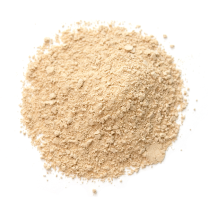
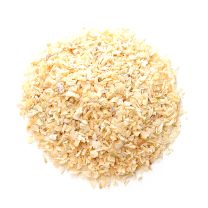
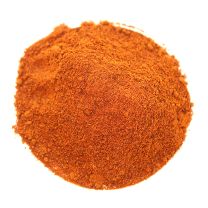
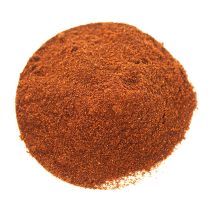
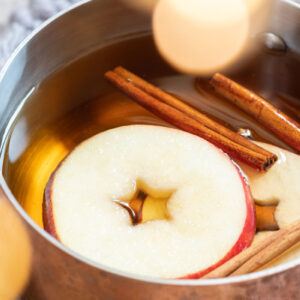



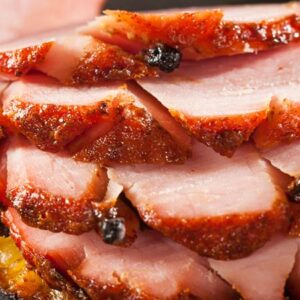

Share your thoughts, leave a comment